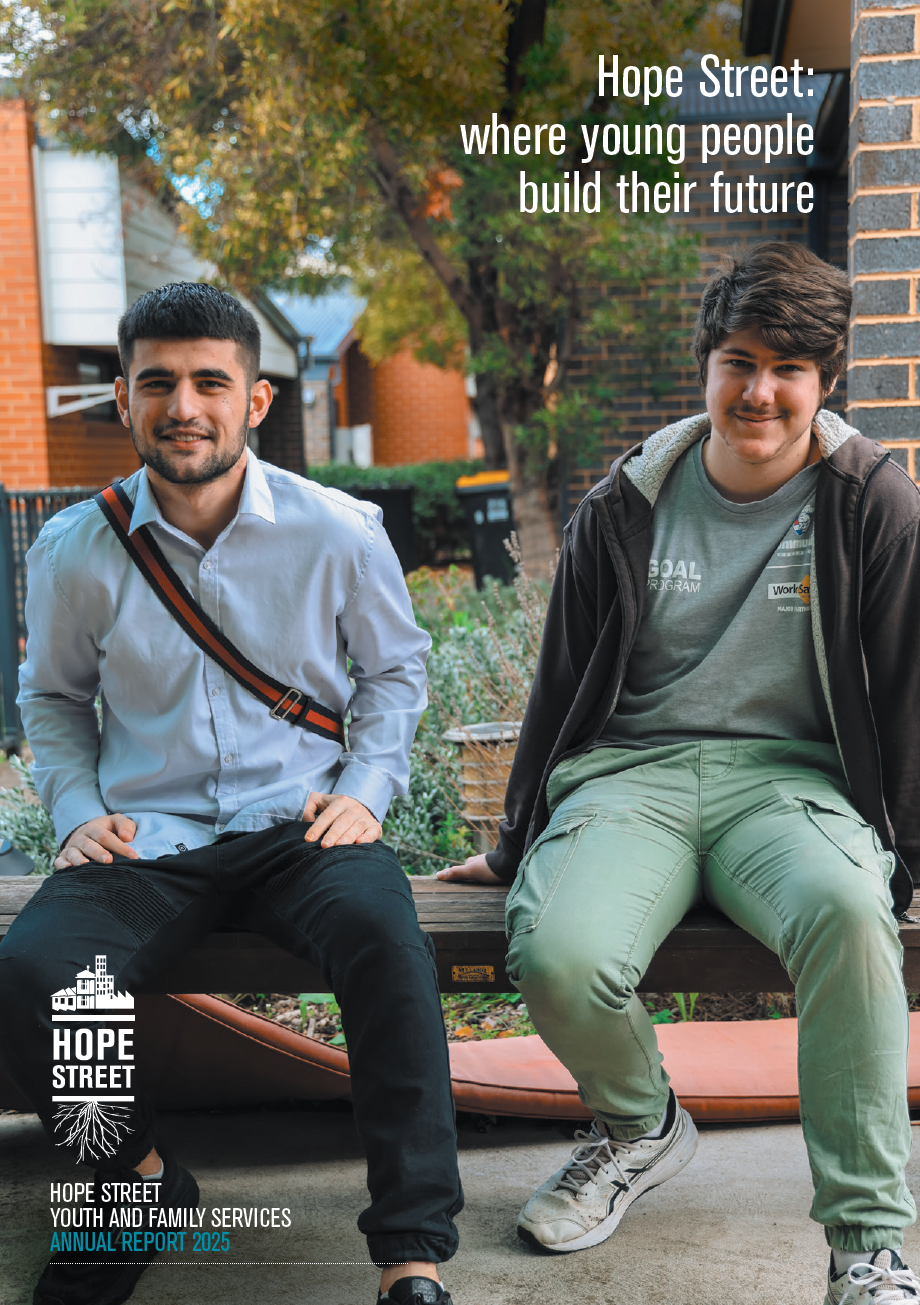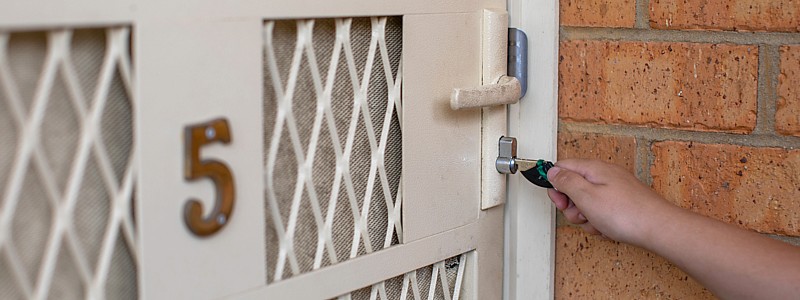In July 2019 Hope Street made a submission to the Royal Commission into Victoria's Mental Health System.
Dear Hope Street partners and supporters,
Mental health and homelessness have a bidirectional relationship, with poorer mental health associated with a lower likelihood of achieving stable housing, and unstable housing contributing to worsening mental health. International studies have revealed that up to 98% of youth have at least one mental health disorder. In Australia, just over 50% of young people report having been diagnosed with at least one mental health condition, and that does not include those who are not yet formally diagnosed.
In its submission, Hope Street makes the following recommendations:
- Substantial expansion of the Hope Street foyer-like models of supported transitional housing for young people (currently operating in Melton and Whittlesea), a model in which young people who are experiencing homelessness and mental ill-health can learn to live independently whilst receiving the wrap-around support and long-term case management they require;
- State Government funding of the Hope Street Hope to Home model (Hope to Home in Whittlesea and Hope to Home in Melton) to ensure young people are adequately supported through their transition into private rental accommodation and that their mental ill-health is not triggered/retriggered by their change in accommodation;
- Substantial expansion of the Homeless Youth Dual Diagnosis Initiative within all Victorian areas and regions, co-located in youth homelessness crisis accommodation sites and youth emergency outreach services, to enable regular onsite presence of mental health clinicians at youth homelessness services;
- A move towards a relational model of service with increased maximum service times for mental health support for young people who are experiencing homelessness;
- Increased mental health and AOD training for all front-line homelessness sector staff; and
- Provision of mental health services for young people who are experiencing homelessness that actively address the existing barriers to service usage, including addressing the eligibility criteria, the location and travel distance to access services, the environment in which services are being provided and the ease with which client files can be transferred between service providers to prevent the repetitive retelling of clients' backgrounds and stories.
We are grateful to the Andrews Government and the Royal Commission for their commitment to improving the mental health system for Victorians. We are passionate about young people who are experiencing both homelessness and mental ill-health being able to access and sustain the services they need. Addressing Victoria's housing crisis will reduce the significant number of young people who develop mental ill-health resulting from homelessness. We believe the costs of acting now in a significant way are much less than the long-term costs of not acting.
You can read the full submission below.
Yours sincerely,
Donna Bennett
Chief Executive Officer
Download
WATCH: Royal Commission Mental Health - Victoria
Hope Street works closely with our young people who are of Aboriginal and Torres Strait Islander Heritage and this client group is over-represented in the homelessness service system.
The Royal Commission held a special day of hearings to hear how the mental health system responds to the needs of Aboriginal and Torres Strait Islander people. Watch this video of some of the witnesses sharing their experience:
You can view more videos on the Royal Commission Mental Health - Victoria YouTube Channel














